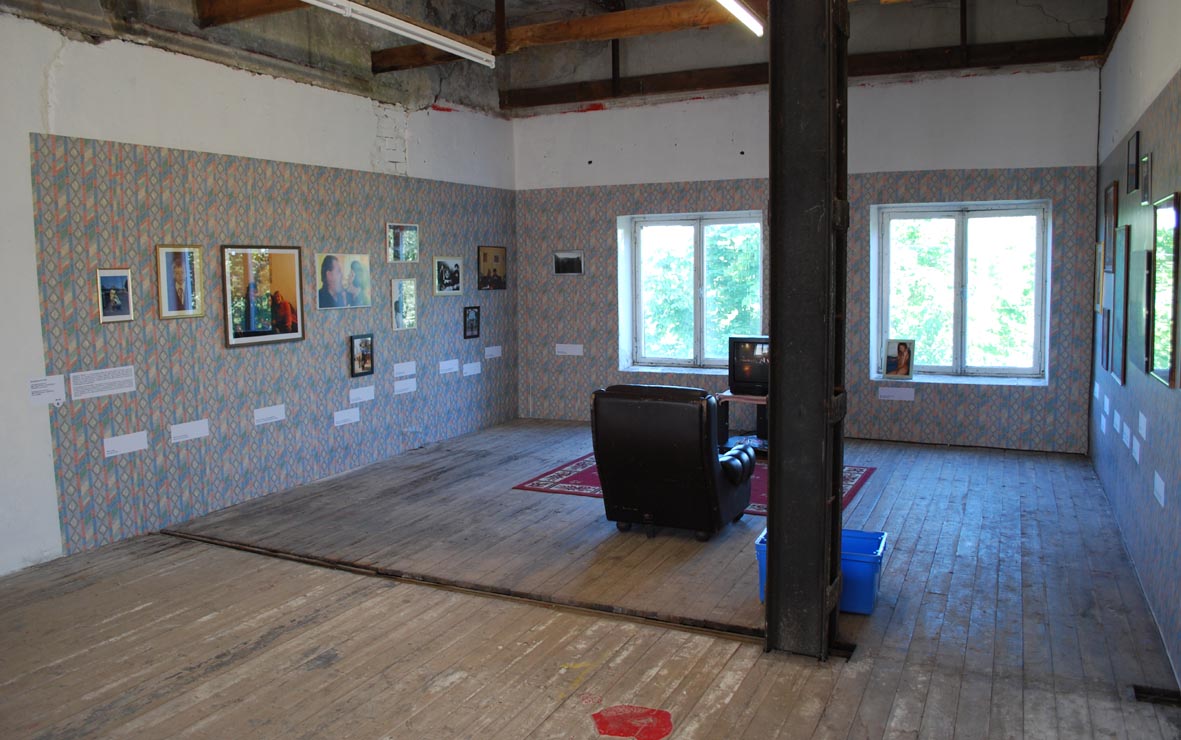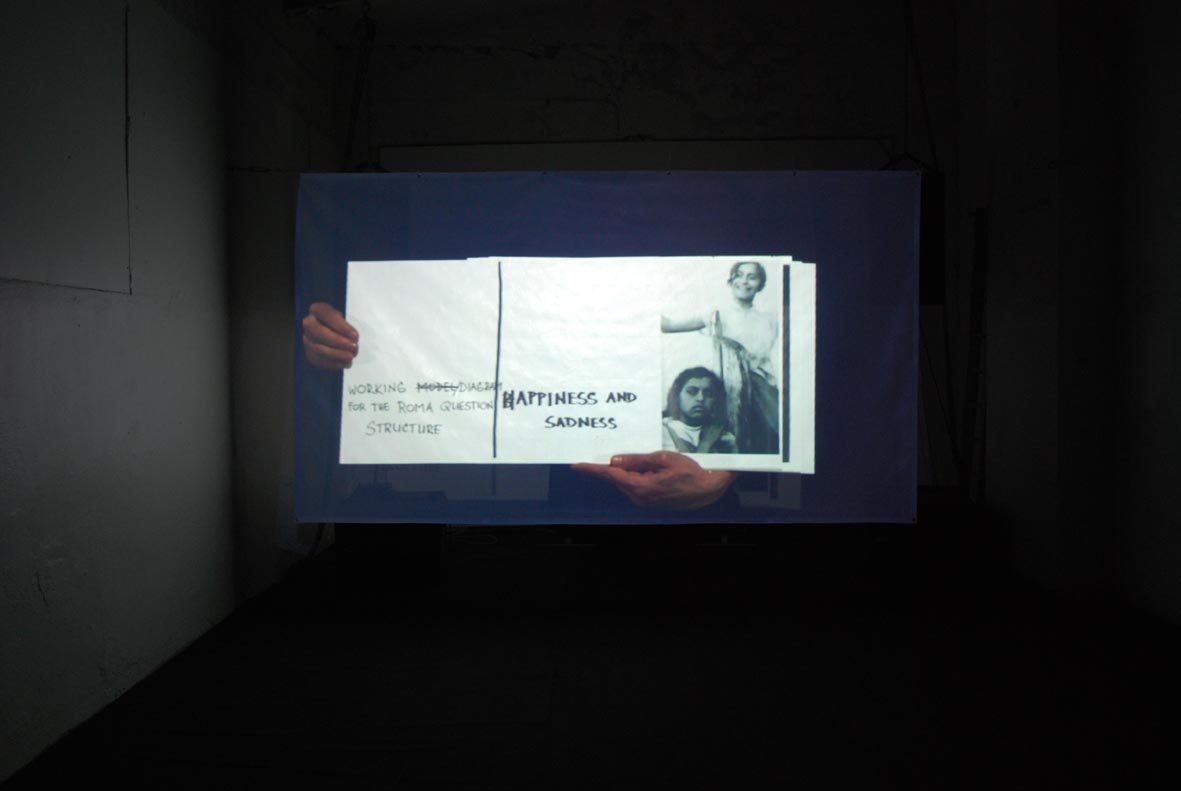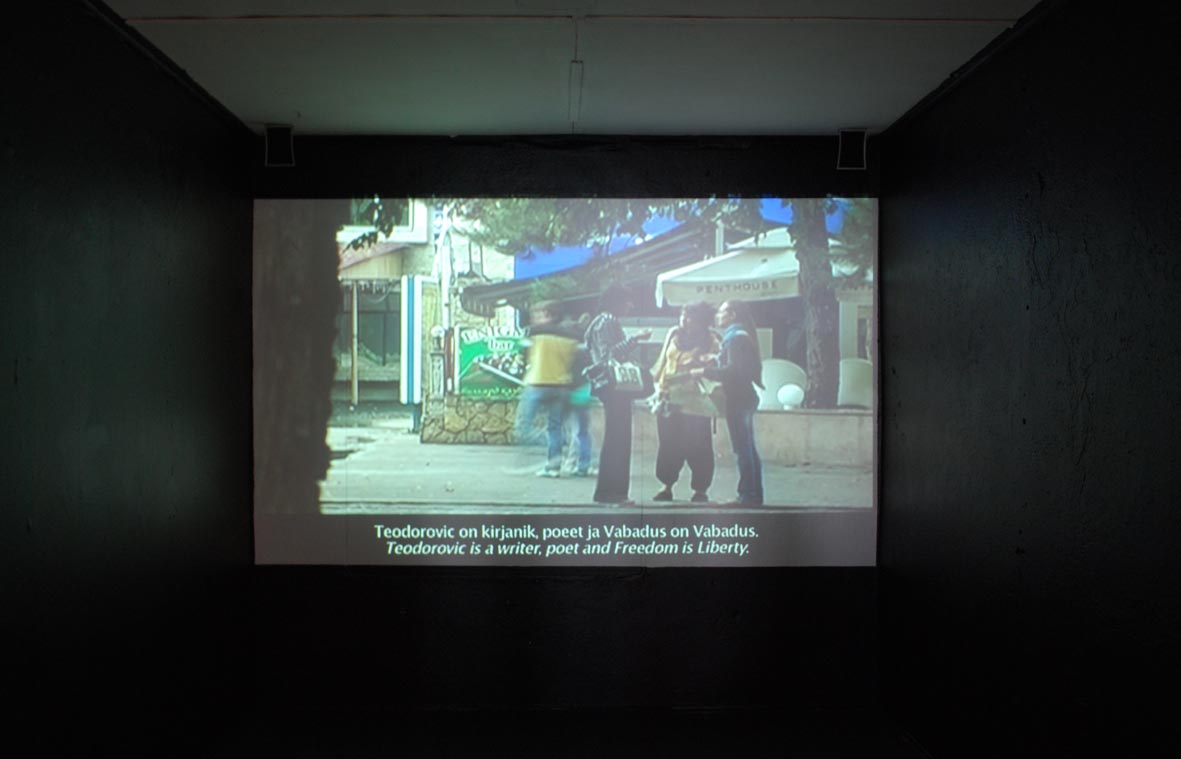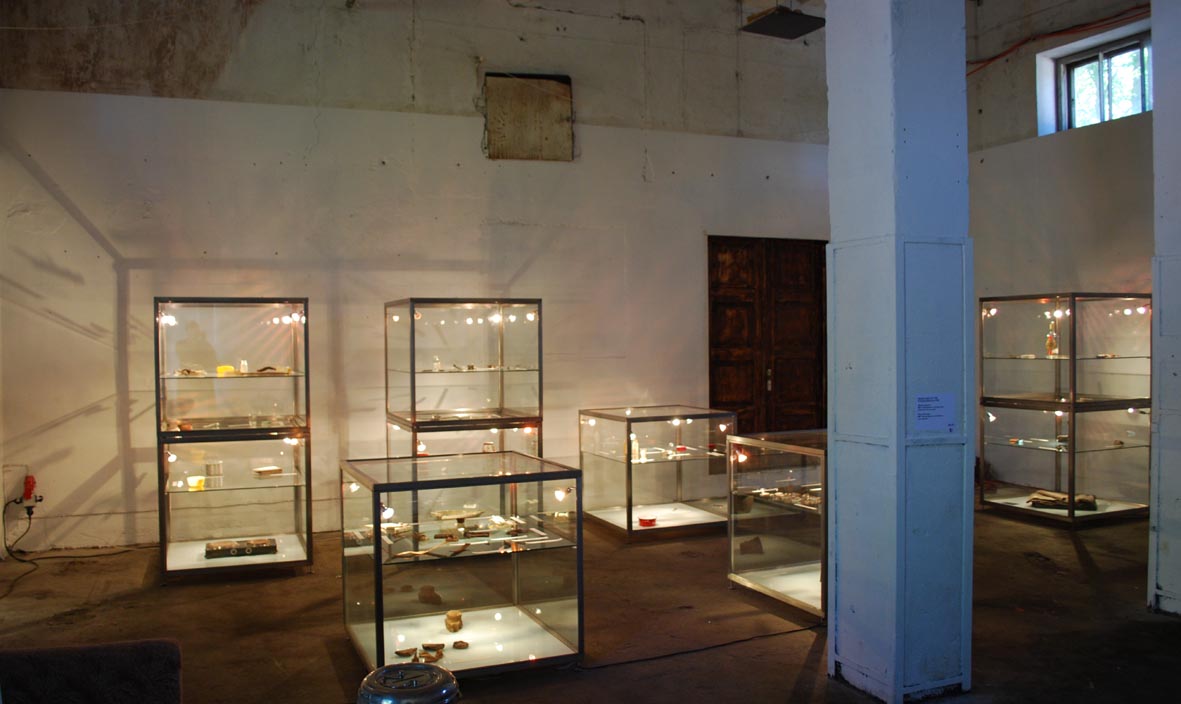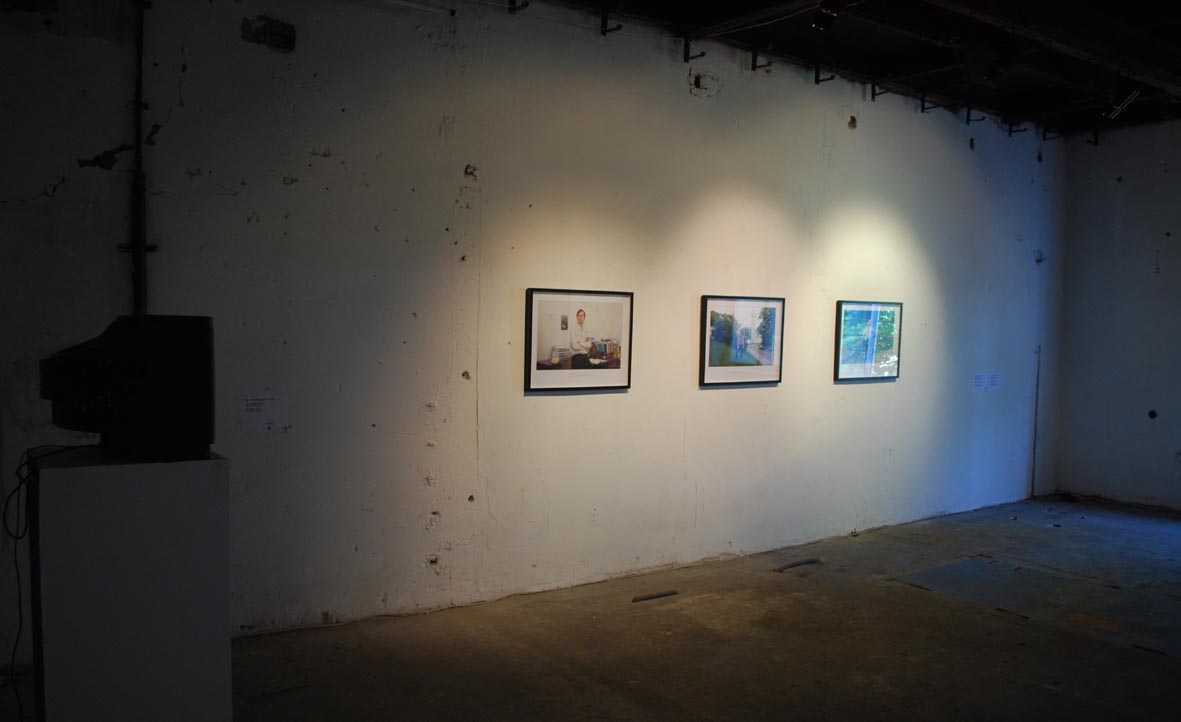Artists
Curator
Do you remember the Summer of 1991? Can you recall the weather? What did you do on August 19th? How did you spend your evening? Where were you and with whom, when you heard about the coup d’état in Kremlin, Moscow? What did you say to your parents, friends and neighbors? What was announced on public television? What was the atmosphere in general?
As of this summer, 20 years have passed since that week, when the Socialist regime officially fell and the Soviet Union collapsed. The attempt to preserve the monstrously dysfunctional system failed, and the putsch delivered to it a deathblow, reorganizing the order of nation-states and democracy in the geopolitical region of Eastern Europe. Besides the change of political system, economic principles were even more dramatically reshaped, from one extreme to another: from a state-operated Socialist plan-economy to wild and heartless cowboy-capitalism. To name this process, the term ‘transitional economy’ was used and ‘privatization’ became one of its keywords. Privatization changed fundamentally the relations between the state and its citizens, between the owners of the means of production and the workers, between local and international capital. With the reforms, previously held assumptions about valued and legitimate ways of living, working and spending leisure time were renovated, so to speak; reframed through the lens of Europe.
In the dominant historical-political discourse, the last decades are perceived as a positive and progressive period, which, apart from the odd difficulty, have improved the quality of life in all the nations in former Eastern Europe. According to the understanding promoted in the mainstream, we all became winners that very week in August 1991; “we” as a region of democratic and independent nation-states, as well as “we” as private individuals. It seems to me that the question of what we may have lost has not been asked. And, after such a radical change in the surrounding situation, are we still lost in the confusion introduced by these rapid reforms?
The historical processes described above frame the subject of discussion for Lost in Transition, an international exhibition of contemporary art that aims to collect and present a selection of critical perspectives on the prevalent social realities and lifestyles generated and practiced in former Eastern Europe 20 years after that fatal August day. Through this assortment of works I wish to sketch out some characteristic developments in the economic and social situation that have given rise to particular sets of values and ways of living in the era of transition, both in everyday life as well as in the art world. I see the medium of exhibition not as a mere display of works for intellectual pleasure or exciting leisure time, but as a proposition to discuss particular aspects of social reality and power relations we face daily in this part of Europe.
Lost in Transition is a part of Your Periphery Is My Centre, a series of contemporary art presentations in various formats that examine ambivalent aspects of the life in former Eastern Europe and its neighboring regions.
The show is accompanied by publication: edited by Rael Artel, designed by Jaan Evart, published by PP Publications, 64 pages, in Estonian and English.
The exhibition is a part of official cultural program of Tallinn, European Capital of Culture 2011.
The show takes place in the framework of the festival Kultuuritolm 2011 and as a part of the project Your Periphery Is My Center.
Support: Eesti Kultuurkapital, Hungarian Embassy in Tallinn
More information:
Rael Artel
rael@publicpreparation.org
+372 56 229 213

